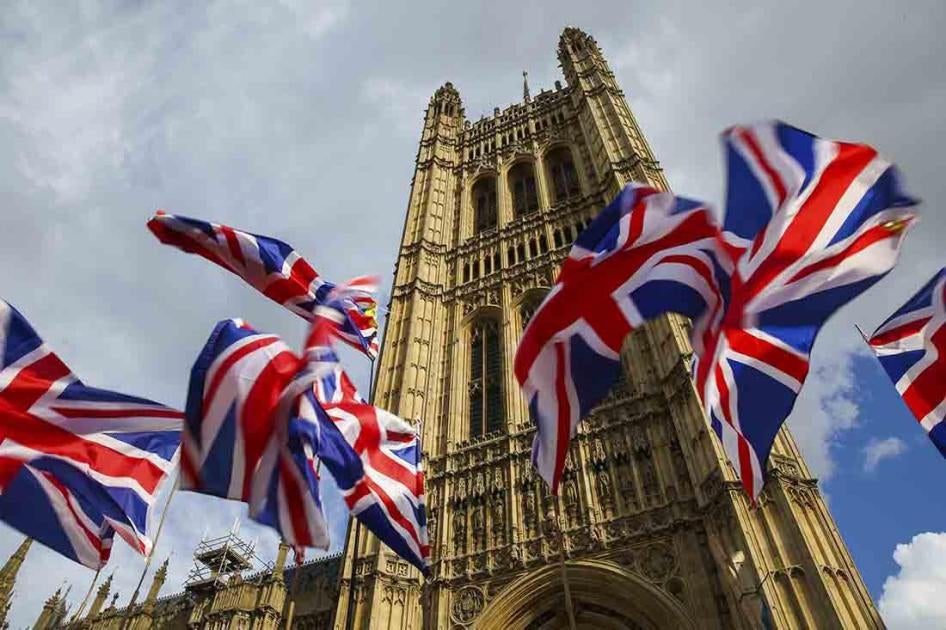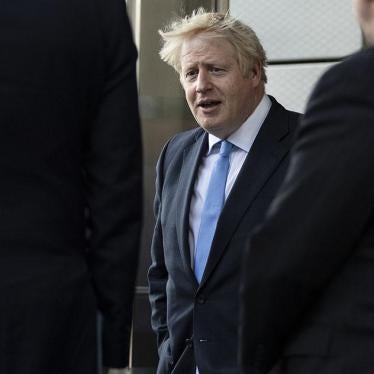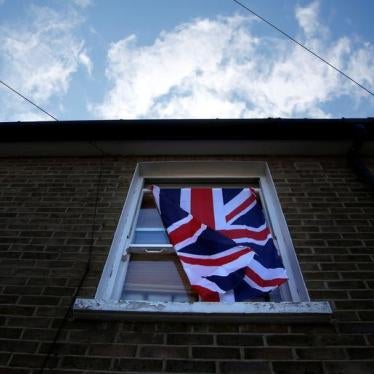A member of parliament unplugs her office phone after callers threaten death and shout “traitor.” Another MP has bricks thrown through her office window. An opposition leader tells police of death threats to her daughter. An MP’s daughter says she fears her mother will be killed because of her work, just as MP Jo Cox was – murdered by a far-right extremist in 2016.
Politics has never been a profession for the faint-hearted. But it’s increasingly clear that politicians in the United Kingdom face ever greater risks for doing their jobs.
Britain’s most senior police officer told the UK parliament in May that criminal abuse and harassment of MPs was at unprecedented levels. In September, more than 77,000 abusive messages were directed at MPs on Twitter, more than twice that recorded in January. A police unit to tackle threats against MPs set up after Jo Cox’s murder received 238 reports from MPs of possible crimes between September 2018 and July 2019.
What is driving this? Misogyny and racism are clearly factors. Amnesty International research found that women MPs are particularly targeted, while black and other minority MPs face derogatory threats and abuse on social media.
Police describe the ongoing controversy around Brexit as a “huge driver” of this online hate. At least three people have been convicted this year over threats to MPs related to their stance on Brexit.
The outcome of Brexit could shape the UK for decades. It is rightly the subject of robust and vigorous debate
But some of the political rhetoric used by the government and ruling Conservative party has begun to mirror the extremes of social media. Talk of surrender, coups, treason, parliament versus the people, violence in the streets.
Some of the language used – the word treason in particular, echoing “death to traitors” that was shouted by Jo Cox’s attacker in court – borders on incitement to violence. Other language – accusing opposition MPs of conspiring with or surrendering to foreign powers or betraying the people – falls short of incitement. But painting MPs or parliament as an enemy risks creating a permissive environment for hate, threats, or worse.
The government and the prime minister have a duty, including under international rights law, to avoid incitement and reduce tensions when they reach such levels.
Freedom of expression is vital in a democracy. That includes the freedom to shock and offend. But when MPs and their families fear for their safety, it’s time for leaders to dial down the rhetoric.










